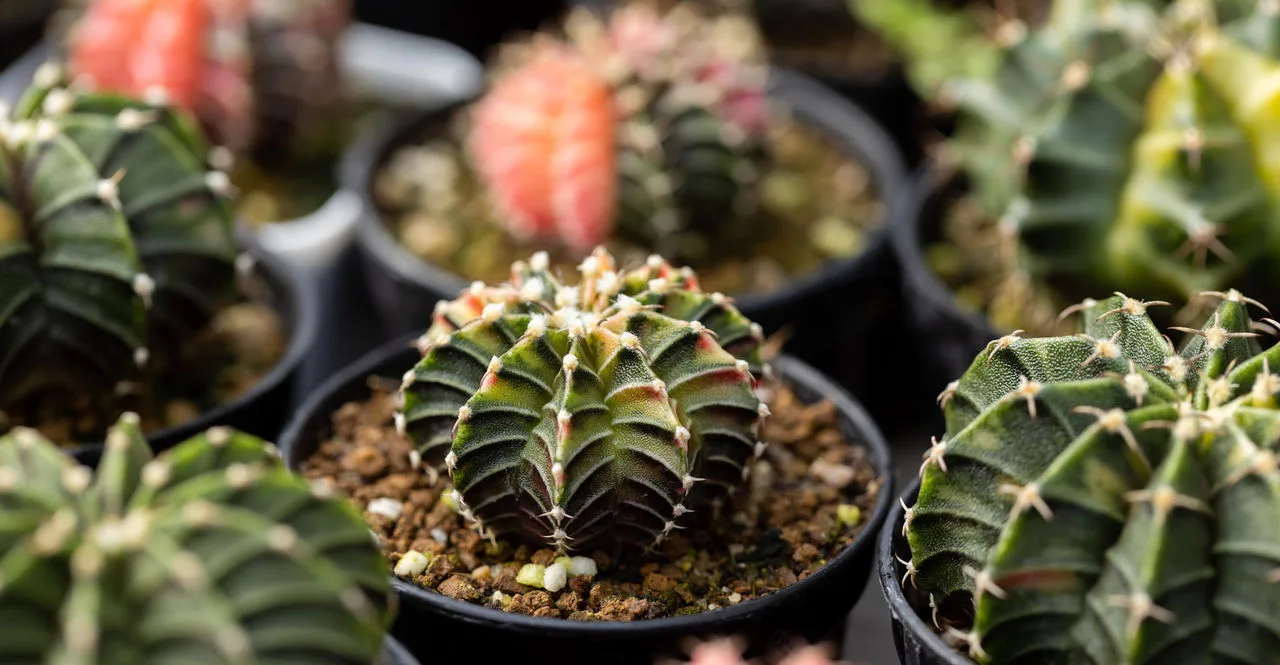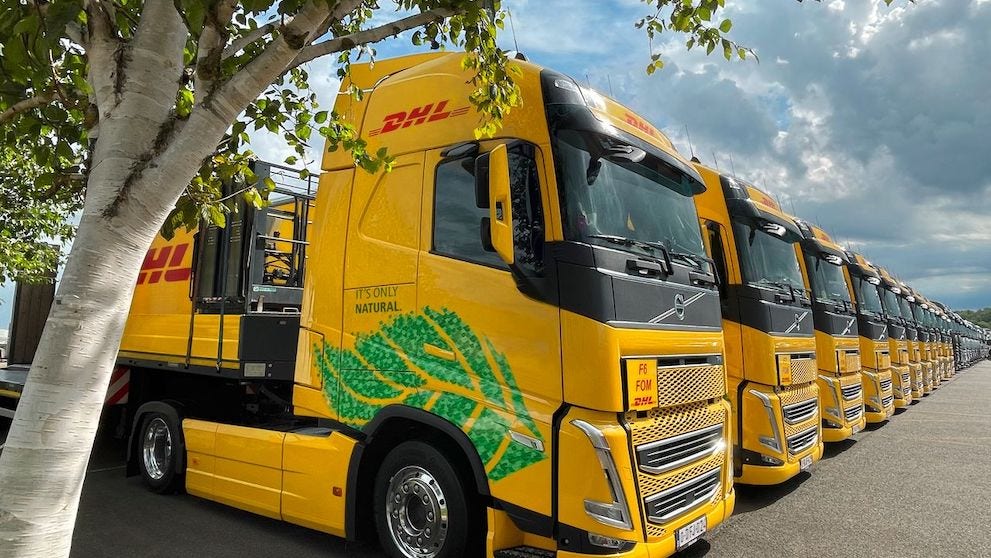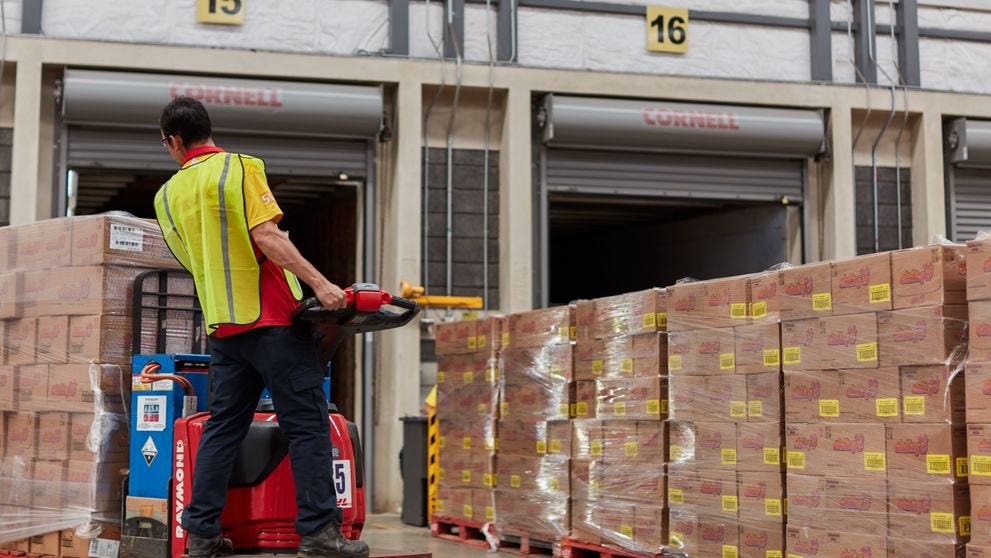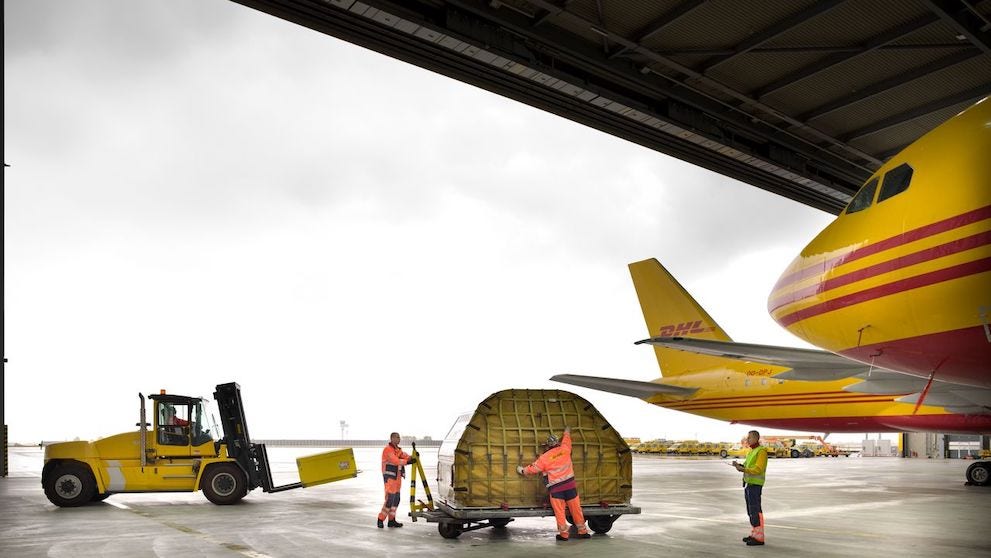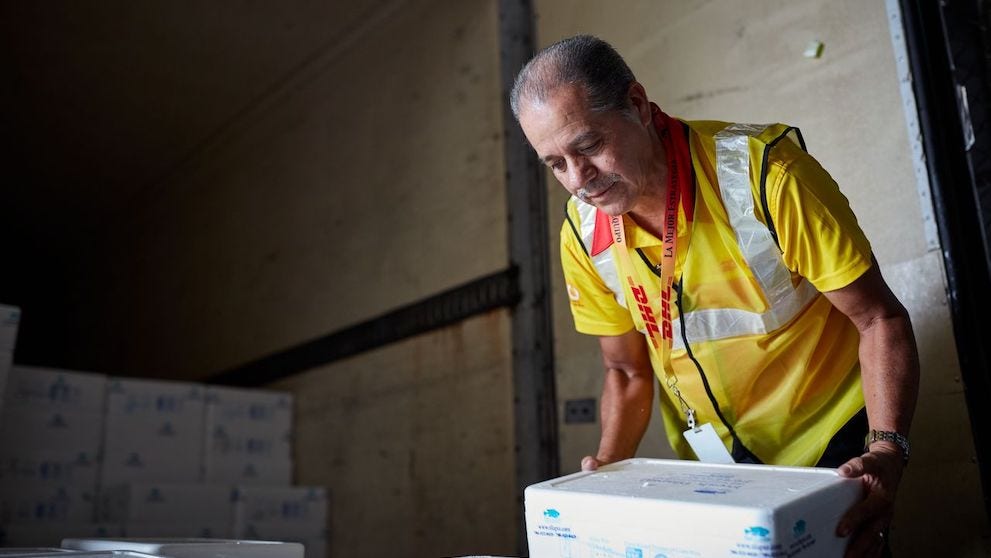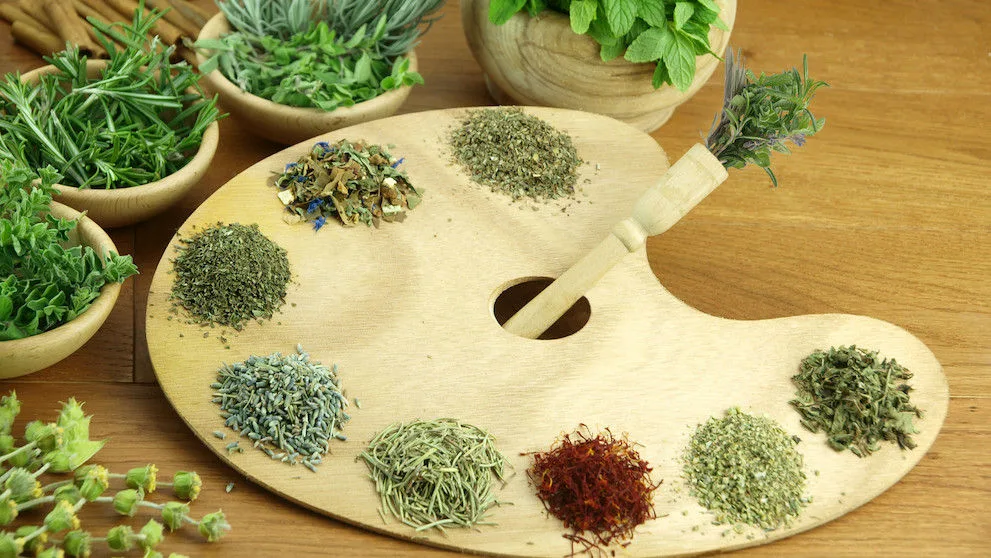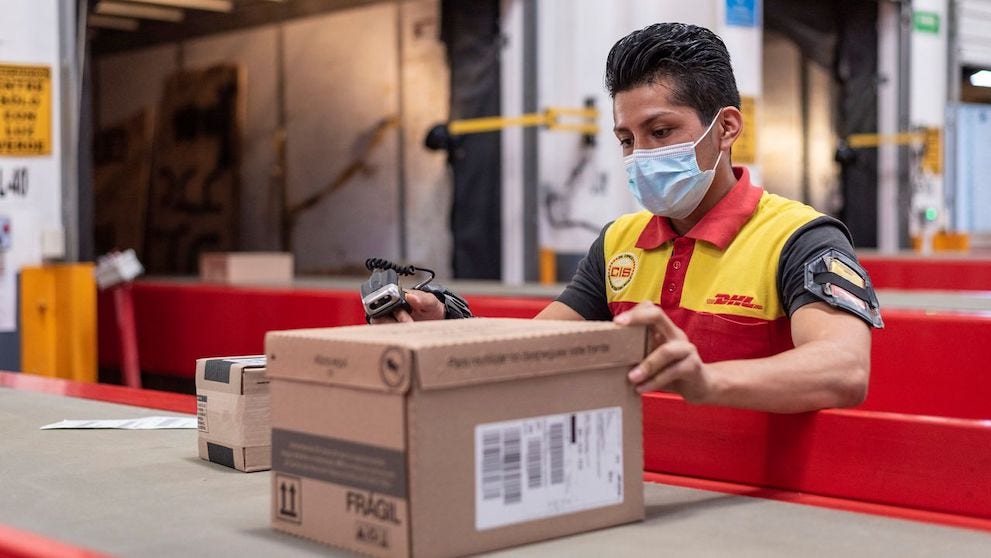
Blessed with a favourable tropical climate and rich biodiversity, Thailand has become a fertile paradise for cultivating a diverse array of plants. These botanical treasures, from captivating cacti to attractive foliage plants, are not just popular within the country; they have also found a substantial market worldwide. But what's the driving force behind this global demand, and how are Thai plant exporters responding to this burgeoning interest?
Understanding the global demand for plants
People are embracing their inner green thumbs and cultivating their personal oases. According to GlobeNewswire, the thriving global indoor plants market is projected to be worth US$31.2 billion by 2029. This surge in interest comes from various aspects – a desire for home decoration, a commitment to wellness, a deep-rooted love for nature, or the emerging hobby of indoor gardening. Regardless of the reasons, one thing is clear: there's an active and passionate search for the perfect leafy companion to enhance their spaces and lift spirits.
In this thriving market, Thailand's unique plant exports, including their distinctive cacti and a wide variety of other flora, are increasingly gaining recognition and admiration. Indeed, it's a good time to be in the business of leaves and blooms.
But how can you tap into this lucrative market and start selling plants online globally? Successful penetration into the global market isn't merely about cultivating a stunning range of plants. It also involves an intricate understanding of customs regulations and adherence to stringent plant export rules. This means knowing your plants well – from prickly pear cacti to orchids – and ensuring compliance with the customs procedures of each destination country.
Navigating customs regulations when exporting plants
1. Prohibited and restricted plants
When it comes to international shipping of plants, it's essential to be aware of the regulations in both the exporting and importing countries. Prohibitions and restrictions are often in place to prevent the spread of pests, diseases, and invasive species that can harm local ecosystems. For example, Australia's biosecurity laws restrict the importation of specific plant and plant product species. If you’re exporting Phalaenopsis orchid flowers, for instance, the Department of Agriculture, Fisheries and Forestry (DAFF) stipulates that unless from an approved source, imported plants are subject to an insecticide treatment and screenings for disease for a minimum of three months.
2. Shipping documents for exporting plants
Export documents ensure that all plant shipments comply with the laws and regulations of both the exporting and importing countries. They provide the necessary details about the shipment, such as the type of plant, value, destination, and origin. These documents help customs officials determine whether the goods can legally enter or exit a country, what duties or taxes apply, and whether any further inspections are necessary. Documents that facilitate the shipping of plants include:
- Phytosanitary Certificate: This document certifies that the plants have been inspected and found to be free of harmful pests and diseases.
- Commercial invoice: This is a legal document between the supplier and the customer that describes the sold goods and the amount due by the customer. It includes details about the plant species, quantity, and value of the plants.
- CITES permit: For certain protected or endangered plant species, a Convention on International Trade in Endangered Species of Wild Fauna and Flora (CITES) permit might be necessary.
